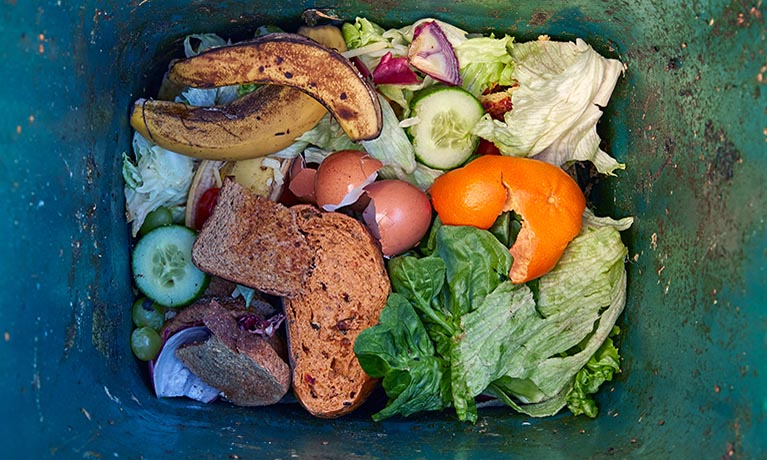Search
Reducing food waste: Using non-market and socio-environmental evaluations to quantify potential impacts for Bristol

We’re sorry.
This event has ended.
See our upcoming events.
Thursday 10 February 2022
11:30 AM - 12:30 PM
Location
Cost
Event details
Abstract
The city of Bristol currently generates around 48,000 tonnes of household food waste every year. This waste incurs loss of resources and environmental damage throughout the food cycle. In this case study for the Waste Few ULL project, we show how non-market valuation techniques can be applied to quantify and value the baseline socio-environmental impacts from household food waste in Bristol.
We use these results to examine what costs and benefits might be derived from potential changes to household food waste behaviour. Two scenarios are explored; more efficient recycling, where waste which currently ends up in household residual bins is moved to recycling caddies for collection, and an overall decrease in food waste. The effects of 20% changes in recycling and food waste are explored, reflecting national waste reduction targets.
Speaker bio: Eleanor Eaton
I am interested in the economics of health and urban environments, and especially in metrics which can help decision making to improve the places where we live.
I’m researching how we can quantify impacts of unhealthy urban development for the TRUUD project (https://www.bristol.ac.uk/population-health-sciences/projects/truud/), working towards a PhD in Economics at the University of Bath.
Since 2015 I have contributed to national and international research projects for the University of Bath on energy recovery, food-energy-water nexus, climate change and healthy urban environments. Before starting my PhD I was the project co-ordinator for the Water Efficiency Network. My background is in working towards the sustainable management of urban and rural world heritage sites in the South West UK.




